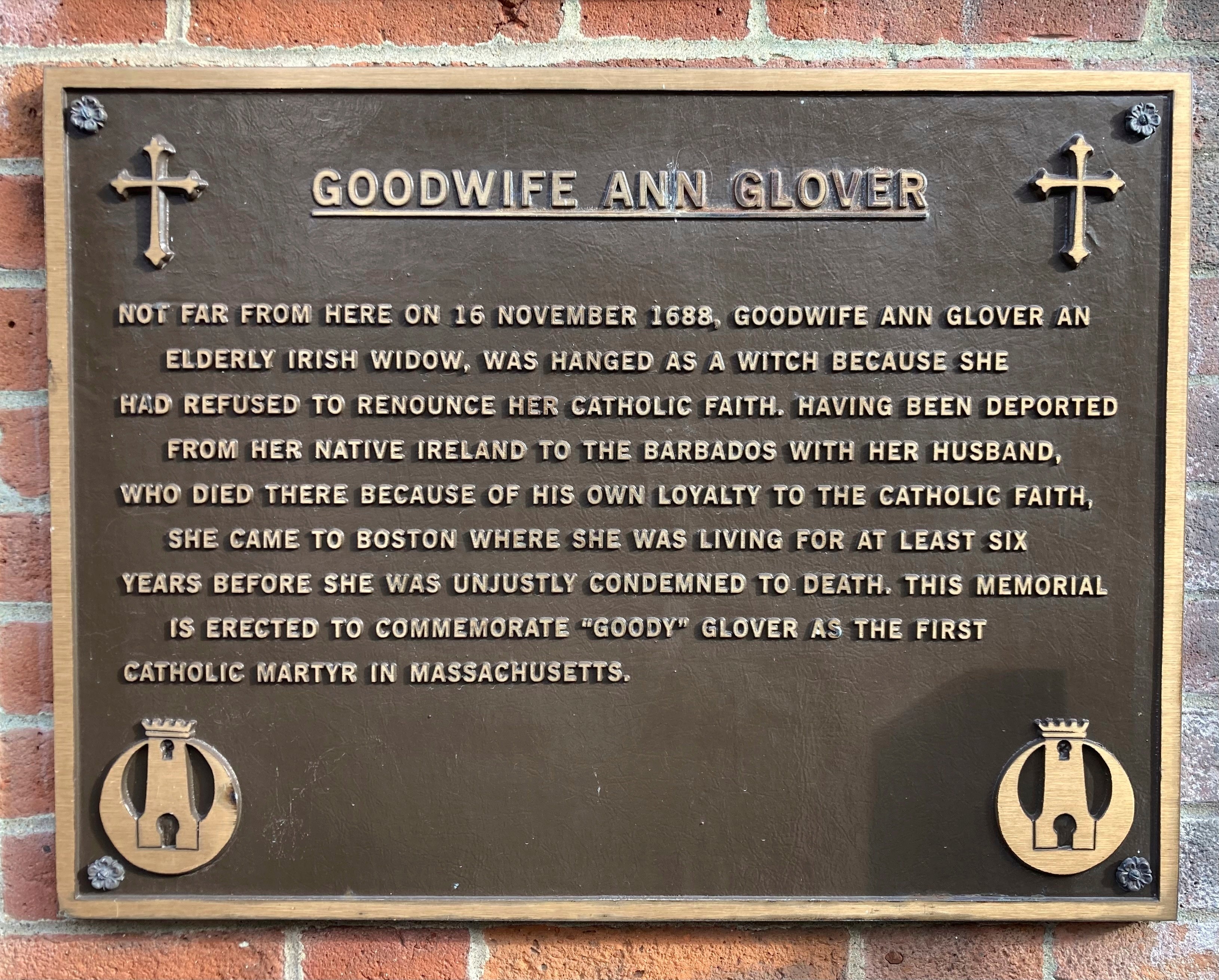Over 300 years after a “witch” was prosecuted in Maryland, state legislators are looking to pardon those who were accused of the “crime.”
A resolution that’s currently in committee would exonerate “those accused, tried or convicted of witchcraft in the Province of Maryland prior to the American Revolution.”
Before the U.S. was founded in 1776, at least eight individuals in Maryland were accused of or indicted for witchcraft under the province’s statute entitled “An Acte against Conjuration Witchcrafte and dealing with evill and wicked Spirits.” One woman, Rebecca Fowler, was the only person to be executed after her conviction in 1685. She died by hanging in October of that year.
The earliest known accusation occurred in 1654 and the latest happened in 1712. Those accused are Elizabeth Bennett in 1665, Hannah Edwards in 1686, John Cowman in 1674, Mary Lee circa 1654, Rebecca Fowler in 1685, Virtue Violl in 1712 and Moll Dyer. The date of Dyer’s accusation is unknown.
The English statute would be repealed in 1735.

Heather A Bagnall, a Democratic delegate representing Anne Arundel County who wrote the resolution, says that misogyny played a large part in the trials and that the judicial procedures would not meet modern standards.
Bagnall also wants to restore the reputations of those who were indicted, banished, forced to flee or even acquitted following accusations.
If the resolution passes, the state will issue a formal apology to the descendants of the individuals who were indicted.
“The State of Maryland acknowledges the trauma and shame that wrongfully continued to affect the families of the accused,” the document states.
Beliefs in witchcraft were commonly held across the world and the British colonies in particular during that time, leading to the notable Salem Witch Trials, which resulted in the deaths of 25 people.
Massachusetts first began issuing pardons to Salem “witches” in 1703 and continued to do so until July 2022, when the latest person accused of witchcraft was pardoned. Connecticut has also issued pardons to individuals accused of witchcraft.
Advocates are hoping that the descendants of those accused in Maryland will reach out and participate in ongoing legislative efforts.
Speaking to The Baltimore Banner, Elizabeth Pugliese-Shaw, who runs the MD Witches Exoneration Project, an initiative aiming to clear the names of those accused, said: “Even though there’s no stigma attached anymore, we still want them to know we care about this historical wrong.”
While witchcraft in the U.S. is commonly considered to be a thing of the past, cases of it continue across the globe.
In 2021, the United Nations reported that witchcraft killings of people with albinism in Africa increased during the COVID-19 pandemic.
“Some people plunged into poverty turned to witchcraft in hopes of gaining quick wealth,” Ikponwosa Ero, the outgoing UN independent expert on the rights of people with albinism, said at the time.
“Despite progress on many fronts, I was deeply saddened at the notable increase in reported cases of people with albinism being killed or attacked because of the mistaken belief that using their body parts in potions can bring good luck and wealth,” she said, explaining how she spent six years battling witchcraft-related attacks against people with albinism.
“While we have come very far in the fight against these heinous acts, the road ahead remains long and arduous,” she added.
Supporters of Maryland’s resolution hope that the state can be an example for places where witchcraft remains a commonly held belief, according to The Banner.

